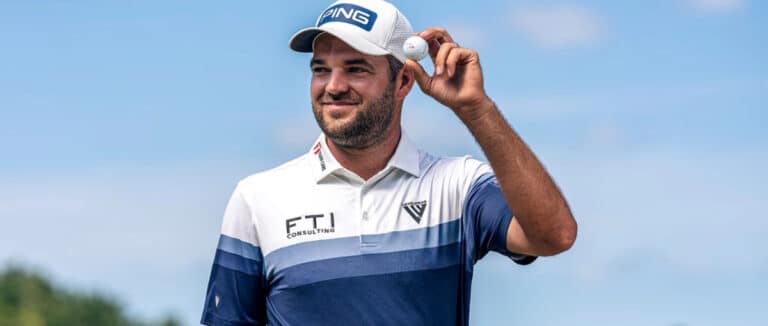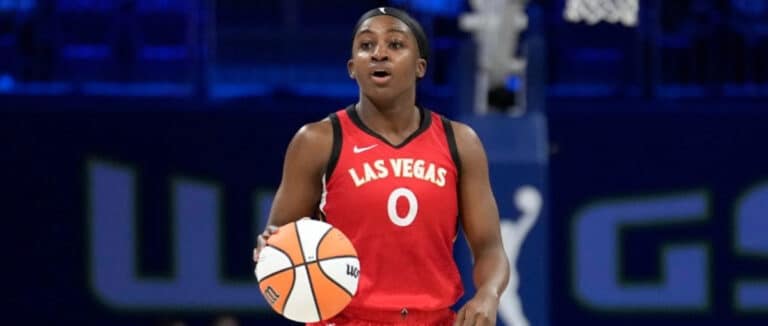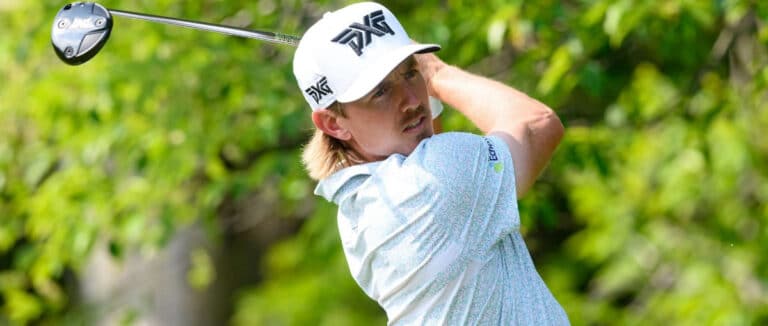MLB Players and Legal Betting on Sports


The intersection of sports and betting has long been a topic of intricate regulations and policies around the MLB. In recent years, the league’s approach to gambling has evolved, especially with the legalization and widespread acceptance of sports betting after the 2018 SCOTUS overturning PASPA.
However, the recent controversy involving Shohei Ohtani’s interpreter has brought MLB’s gambling policies back into the spotlight, underscoring the need for clarity around what is permissible for players to bet on sports other than baseball.
While we don’t have answers on Ohtani as the investigation is ongoing, we do have answers as to whether MLB players can bet on other sports.
The Basics of MLB’s Betting Policies
MLB’s stance on betting is straightforward yet comprehensive, aimed at preserving the integrity of the game.
According to the league’s official documents, players are strictly prohibited from betting on any baseball games, including placing bets through third parties (it doesn’t matter if the sportsbook is legit).
This rule extends beyond just MLB games to cover all levels of the sport, from amateur to professional, encompassing events like the All-Star Games, Home Run Derbies, and even fantasy baseball. These are some of the leagues that players are barred from betting on—
- Major League Baseball (MLB). This is the premier professional baseball league in the United States, consisting of 30 teams divided into the National and American League. Of course, betting on these games is a no-no for all players.
- Triple-A Baseball (AAA). This level is immediately below MLB and serves as a development ground for players. The top AAA leagues are the International League and the Pacific Coast League.
- Double-A Baseball (AA). One step below Triple-A, Double-A leagues include the Eastern, Southern, and Texas League. These leagues continue the process of developing players for potential MLB careers.
- High-A Baseball. This level, also part of Minor League Baseball, includes leagues such as the High-A East, High-A Central, and High-A West. It’s a mid-level minor league that helps younger prospects and drafted players adapt to professional play.
- Low-A Baseball. This level includes the Low-A East, Low-A Southeast, and Low-A West leagues. It’s often the first full-season experience for younger or less experienced minor league players.
- Rookie Leagues. These leagues, including the Arizona League (AZL), Gulf Coast League (GCL), and Dominican Summer League (DSL), are entry-level for minor league baseball, focusing on newly drafted players and international signees starting their professional careers.
The policy is not just about prohibiting betting on baseball. MLB players are allowed to engage in legal betting on other sports, provided it’s done within jurisdictions where sports betting is regulated and legal.
These would be major sportsbooks such as FanDuel, DraftKings, BetMGM, and Bet365, to name a few. But the player must still be in a legal jurisdiction such as Michigan or New York — sorry, Rangers players, you can only bet on other sports when you’re on the road.
This opens the door for players to participate in sports betting activities, albeit with a not-so-subtle limitation: they must steer clear of baseball to avoid conflicts of interest and integrity concerns.
The Shohei Ohtani Interpreter Scandal
The recent scandal involving Shohei Ohtani’s interpreter, Ippei Mizuhara, serves as a cautionary tale about the complexities of MLB’s gambling policies.
As you may be aware, Mizuhara was fired after allegations of “massive theft” against Ohtani, later admitting to having a significant gambling debt. The incident, which led MLB to initiate an investigation, highlights the potential risks and repercussions associated with gambling within the sport’s ecosystem.
With the proliferation of online sportsbooks, the risks have only increased and made the situation murkier.
It’s important to note, however, that Mizuhara maintained he did not bet on baseball and that Ohtani was unaware and uninvolved in his gambling activities.
Where MLB Players Can Legally Bet on Other Sports
For MLB players interested in betting on sports outside of baseball, several regulated sportsbooks are available.
Notable among these are Bet365, FanDuel, and DraftKings, among others, where players can legally place wagers on a variety of sports, ranging from football and basketball to golf and tennis. Just not baseball.
These platforms offer a safe and regulated environment for betting, ensuring compliance with MLB policies and local laws.
Although there’s no requirement for these sportsbooks to inform the league of any violations, they will cooperate with various leagues if necessary. One classic example is when BetMGM noticed an unusual wager on the Alabama Crimson Tide baseball team. They informed the NCAA of this wager attempt and head coach Brad Bohannon received a 15 year ban from coaching in the NCAA.
The moral of the story? Your bets aren’t anonymous, and the house is always watching.
Yes, MLB Players Can Bet on Other Sports
The sports betting market within MLB is defined by a set of clear guidelines designed to maintain the sport’s integrity.
While players are free to engage in legal betting on other sports, such as the NFL and NBA, they must navigate this industry with caution, understanding the boundaries set by the league. The rules are fairly cut and dry, and each team’s front office engages with the players regarding the rules and repercussions of betting on MLB games.
The recent incident involving Ohtani’s interpreter underscores the importance of awareness and compliance with these policies, highlighting the potential consequences of gambling-related controversies.
MLB’s policies on betting reflect a balance between allowing players to participate in legal sports betting activities and safeguarding the sport’s integrity.
As legal betting continues to evolve and expand into additional states, it’s vital for players and all stakeholders to stay informed about the rules and regulations governing sports betting, ensuring that their actions align with the ethical and legal standards set by the league.

Matt Brown
Head of Sports Betting and DFS
Matt’s love for sports betting and daily fantasy sports, coupled with a deep understanding of football, hockey, and baseball, shapes his innovative thoughts on Hello Rookie. He has a B.S. in Aeronautical Computer Science and a M.S. in Project Management.







